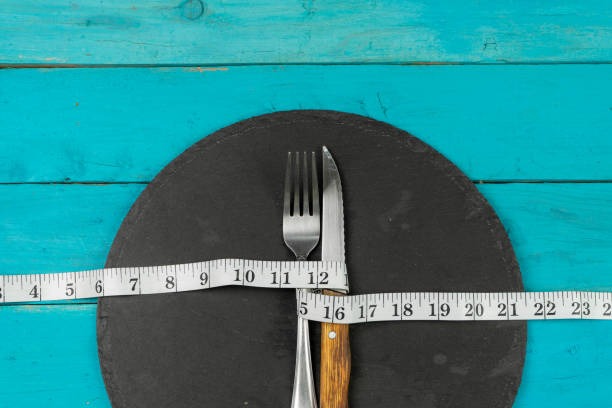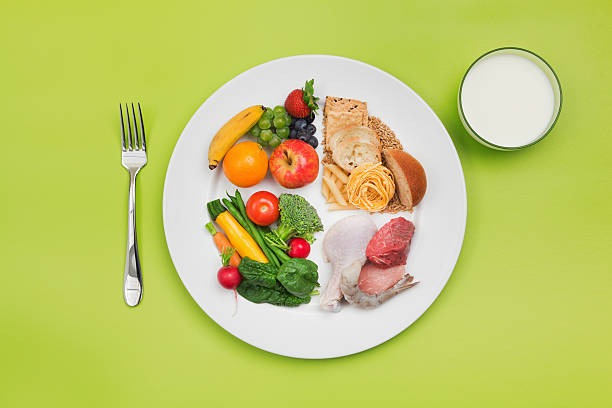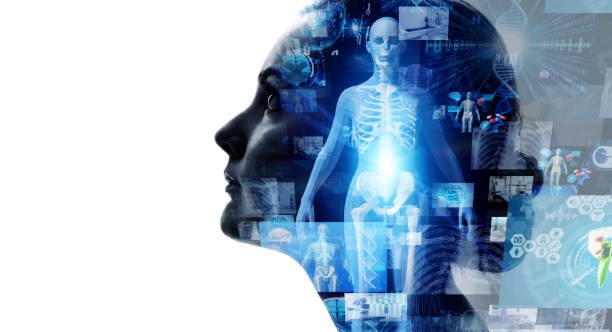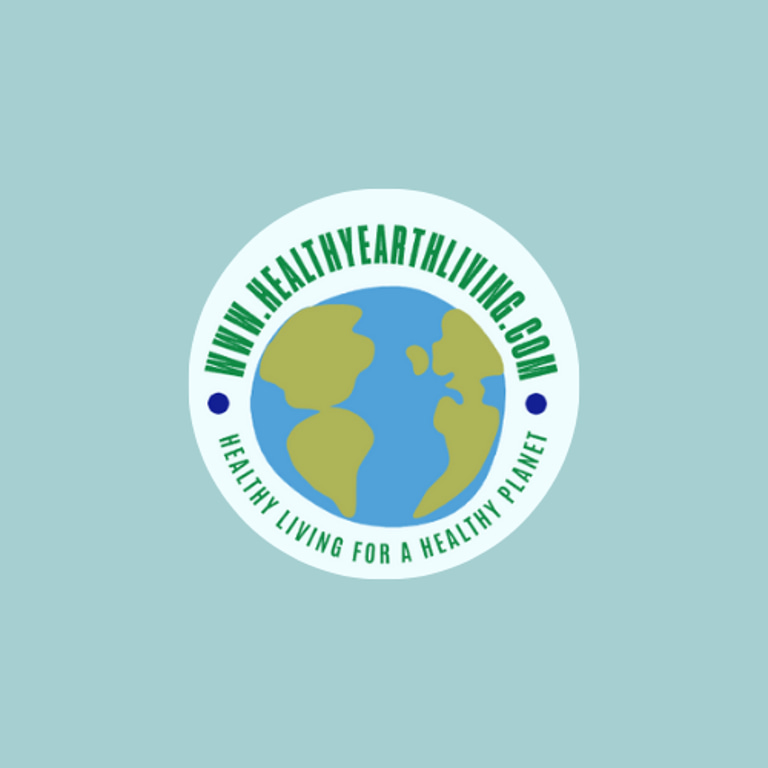Nourish, Heal, Thrive: The Holistic Path to Overcoming Eating Disorders
Discover how a holistic approach can support eating disorder recovery by nurturing the mind, body, and spirit. Learn how mindfulness, nutrition, and self-care can promote healing and lasting well-being.
HOMEMINDBODY
Janelle Salo RN
4/6/20257 min read


Key Points:
Mind-Body Connection: Understanding how mental health, emotions, and physical well-being are deeply intertwined in eating disorder recovery.
Holistic Healing Strategies: Exploring the role of mindful eating, balanced nutrition, movement, and self-care in supporting a healthy relationship with food.
Sustainable Wellness: Emphasizing long-term healing through self-love, stress management, and natural therapies like yoga, meditation, and herbal support.


Introduction
Recovering from an eating disorder isn’t just about food. It’s about healing your mind, body, and spirit together. A holistic approach means looking at the bigger picture instead of just the symptoms. It’s about working on your mindset, learning to trust your body, and finding healthy ways to cope with stress and emotions. This includes therapy to challenge negative thoughts, nourishing your body with healthy foods, and engaging in self-care activities such as yoga, meditation, Tai Chi, or journaling. By focusing on all parts of your well-being, you can build a healthier, more balanced relationship with food and yourself.
Whether you’re personally struggling, know someone who is, or just want to learn more, understanding the mind-body connection and how holistic practices can help is a necessary step toward recovery. It isn’t just about the food you eat; it’s about finding your inner strength, building self-love, and discovering healthier ways to nourish your body and mind. With the correct information, tools, and support, healing is possible.
Tip: If you or someone you know is experiencing difficulties, begin by seeking knowledge. Understanding is the first important step toward healing.
Understanding Eating Disorders from a Holistic Perspective
Eating disorders are about much more than just the food you’re eating. They're closely tied to our emotional, mental, and physical health. Often, eating disorders stem from things like stress, past trauma, or pressure from society's unrealistic beauty standards, which can affect how we see ourselves and how we relate to food. These challenges can make it hard to find balance, which can sometimes lead to unhealthy eating habits.
A whole-body approach to recovery means addressing not just eating habits but also the emotional and mental aspects of healing. Those suffering from an eating disorder can achieve lasting recovery by focusing on stress management, therapy, and nourishing the body. Utilizing this approach can help build a stronger connection between mind, body, and spirit, creating a solid foundation for long-term well-being and a much healthier relationship with food.
Tip: When you notice negative self-talk creeping in, take a moment to pause and question it and ask yourself, “Would I say this to a friend?”
The Mind-Body Connection in Healing
Our thoughts, emotions, and behaviors are closely connected to our physical health. Negative feelings, such as stress, shame, and anxiety, can affect how we treat our bodies, including our eating habits. When these emotions take control, they can lead to unhealthy habits that impact our physical and mental well-being.
Mindfulness can be a strong tool in breaking these patterns. By staying present and paying attention to how we feel when we eat, we can better understand our needs, reduce stress, and make more intentional choices about food.
Therapy, self-reflection, and emotional support also play huge roles in recovery. Talking through emotions with a therapist or trusted person can help uncover the root causes of an eating disorder. Self-reflection allows us to understand our feelings, while emotional support reminds us that we are not alone. Together, they can create a healthier mindset and provide a strong foundation for lasting recovery.
Tip: Practice mindful eating by slowing down, savoring your food, and paying attention to your body's signals for hunger and fullness.


Nourishing the Body with Balanced Nutrition
It’s time to move away from food fear and begin embracing intuitive eating. Instead of following strict diets or rules, listen to your body’s natural hunger and fullness cues. Intuitive eating means trusting yourself and your body to guide you instead of focusing on guilt or anxiety about food.
Eating whole, nutrient-dense foods is important for both physical and mental health. When we choose foods rich in vitamins, minerals, and healthy fats, like fresh fruits, veggies, whole grains, and lean proteins, we give our bodies the fuel they need to thrive. These foods help us feel energized, focused, and emotionally balanced.
Speaking of balance, gut health dramatically affects how we feel emotionally. Your gut and brain are closely connected, which means a happy, healthy gut can lead to a more positive mindset. When nourishing our gut with fiber, probiotics, and hydration, we support our body and mental well-being. So, what you eat truly matters for your mood and overall health!
Tip: Instead of categorizing foods as "good" or "bad," consider how different foods affect your feelings and what benefits they provide for your body.
Healing Through Holistic Practices
Mindfulness and meditation are excellent tools for reducing anxiety and increasing self-awareness. Practicing mindfulness helps you to stay present in the moment without judgment. This can help you tune into your body’s needs and reduce the stress or worries that often fuel eating disorders. Meditation, even for a few minutes daily, can calm the mind, helping you find peace and clarity.
Yoga and gentle movement are great ways to reconnect with your body in a positive, nurturing way. Rather than focusing on exercise to change how your body looks, yoga helps build strength, balance and flexibility while embracing self-compassion and mindfulness. Gentle movement, like walking, stretching, or Tai Chi, also helps release tension and keeps the body balanced and grounded.
Herbal and natural remedies can also support the nervous system and aid with digestion. Herbs like chamomile, lavender, and valerian root help calm anxiety, while digestive herbs like ginger and peppermint support healthy digestion. These natural remedies can help you feel more at ease in your body and support emotional well-being.
Tip: Spending just five minutes on deep breathing or stretching can promote relaxation and help you better connect with your body.
Thriving Beyond Recovery
Practicing self-love and body appreciation daily is about focusing on the things you love about yourself. Take a moment to notice what your body can do, whether it’s being strong, kind, or resilient. When you start appreciating yourself more, you’ll feel more confident and connected to who you are.
Managing stress and emotions can be challenging, but simple things can help:
Try journaling or start a diary to express your thoughts and make sense of your feelings.
Take a deep breath. Breathing exercises are a quick way to calm yourself when things become overwhelming and help you stay centered.
Nature therapy, or just spending time outside, can boost your mood and help you feel more at peace.
Finally, finding a supportive community and creating a balanced lifestyle is important to long-term well-being. Surround yourself with people who lift you up, and take time to balance your school or work, social life, and personal health. It’s all about finding and sticking with what makes you feel good.
Tip: Each day, write down three things you appreciate about yourself. This practice will help you shift your focus toward self-love.
Helpful Resources
If you're struggling with an eating disorder, seek professional help. Therapists, doctors, holistic nurses and nutritionists can provide the support you need while you work on healing your body and mind. At the same time, holistic healing, such as mindfulness, yoga, and nutrition, can support your recovery and help you feel more balanced.
There are many organizations, hotlines, and books that can assist you on your journey as well. Here are some resources you can turn to:
National Eating Disorders Association (NEDA): www.nationaleatingdisorders.org
Text NEDA at 741741 for free, confidential support
Books: "Intuitive Eating" by Evelyn Tribole and Elyse Resch and "The Body Is Not an Apology" by Sonya Renee Taylor.
Remember, recovery from an eating disorder is possible; you don't have to go through it alone. Healing does take time, but you can get through this and become stronger with the proper support, guidance and tools during your recovery journey.
Tip: If you're feeling overwhelmed, reach out to someone you trust. Talking about your eating disorder with someone is a sign of strength, not weakness.








Final Thought
Remember these key takeaways: nourish your body, heal your mind, and thrive in wellness. Physical health, emotional well-being, and mental strength all work together to help you feel your best. It's about finding balance and treating yourself with kindness every day.
Finally, remember that your journey is uniquely yours, and there is no "right" way to recover. Progress isn't always as straightforward as it should be, and that's okay! Celebrate the small wins and be gentle with yourself through the more challenging moments. You are strong and worthy of love, care and compassion. With each step forward, you're moving toward a healthier, happier version of yourself!
Tip: On tough days, remind yourself of how far you’ve come. Progress isn’t always a straight path, but every step matters!





© 2025 Salo Content Writing LLC, all rights reserved
Join the Movement for a Healthier Planet! 🌿
Subscribe now and get your FREE Sustainable Living Checklist! Plus, enjoy weekly articles and delicious plant-based recipes straight to your inbox. Let’s make sustainable living simple and inspiring, one email at a time! 💚✨
